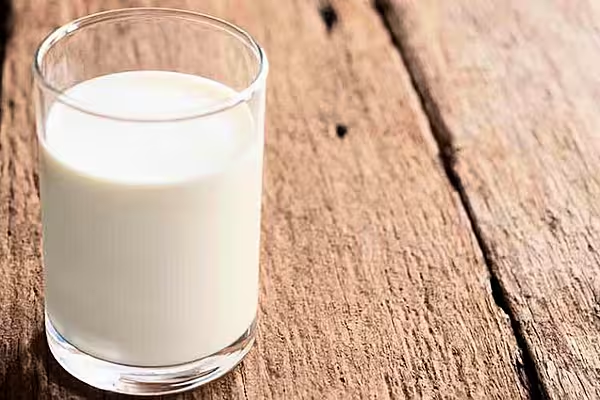UK consumers will think the heatwave is behind them, but the lasting effects of the summer sun look set to cost shoppers an additional £45 million per week, the equivalent of £7.15 per month per household, according to a recent study.
According to the Centre for Economics and Business Research (Cebr), whole food prices look set to increase by at least 5% as a result of the summer conditions, with many crops increasing in wholesale value and red meat prices expected to follow.
The increases come as 2018’s adverse weather heavily impeded grass growth. Cebr’s research suggests that it will take 18 months for the price spikes to ‘fully feed through into inflation’.
Grass Growth
Cebr noted that, from March to July, the farm gate price of onions (+41%), carrots (+80%), lettuce (+61%), wheat for bread (+20%) and strawberries (+28%) rose by a fifth or more, respectively.
Dairy production struggled across the EU struggled this summer, including in the UK, which registered 11 consecutive weeks of decreased production due to the sun impeding grass growth.
As a result, butter saw its price rise by 24% since March. Despite the return of good grass growth, the effects of the summer are expected to carry into the winter, which will keep the pressure on feed costs.
Thinking ahead, many pig farmers have parted with their livestock earlier than normal in an attempt to save their grass from excess grazing.
However, while this means red meat will become somewhat cheaper, this is only a short-term effect, as prices will inevitably rise in the medium- to long-term as feed availability falls amid weaker harvests.
Input Costs
Farmers use grain in the UK to feed their livestock, which is often imported from the EU. According to Cebr, farmers have kept enough grain in reserve to avoid any price spikes, however, industry forecasts predict inevitable price increases.
The rest of Europe has been hit by not only soaring temperatures this year, but also by some spells of poorer weather. In France, severe hailstorms in the wine regions of Bordeaux impacted champagne and cognac earlier this year, however the overall harvest is said to be better than usual.
© 2018 European Supermarket Magazine – your source for the latest retail news. Article by Aidan O'Sullivan. Click subscribe to sign up to ESM: European Supermarket Magazine.














